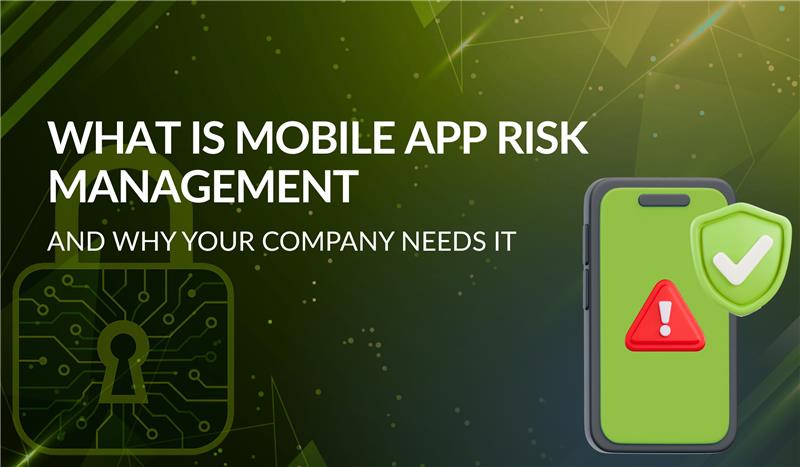Released in July 2016, Pokemon Go swept the world as the first mainstream augmented reality game of its kind. Users all over the globe have spent hours trying to “catch them all” and testing their skills in special Pokemon Gyms.
The drawback of its success (8 million downloads in the first week alone) is that Pokemon Go is high on the target list for hackers. Cyber criminals will be looking to cash in, digging around for whatever opportunities they can to divert some of the funds being generated by the app into their own bank accounts.
According to online portal VentureBeat, the video game industry is “under siege from hackers, fraudsters and cheats”, with in-game cybercrime now costings publishers a whopping 40 percent of their in-game revenue.
Pokemon Go has already been under threat, with a cybercrime group claiming responsibility for a DDoS (Distributed Denial of Service) attack that affected the game’s servers not long after its release.
In some countries, players have been caught out by accidentally downloading a fake Android version of the Pokemon Go that included malware. This malicious version had the potential to take control of their phones and tablets, accessing valuable personal information.

As the game evolves to have new features, VentureBeat has also warned of in-game fraud and account takeovers that could see players losing not only their Pokemon, but access to the Gmail accounts that they have used to sign up with.
Niantec, the company behind Pokemon Go, released an update that was designed to limit access to users’ gmail accounts, however many users who don’t upgrade or update their settings may still be at risk from criminals hacking Pokemon Go.
This has a flow on effect to businesses that have employees playing Pokemon on phones that are connected to work accounts. Security experts warn that in just a few steps, these criminals could be accessing documents, passwords and other sensitive information.
The developers of Pokemon Go are facing the loss of millions of dollars because of security errors that could potentially have been prevented up front.
In the case of apps and cybercrime, it is prevention that’s better than cure. Installing security upfront, completing thorough testing and taking advantage of the most technically advanced resources is the best way to erect a virtual fence around the product you have worked to hard to get to marketplace.
Quixxi provides security-based solutions for financial, gaming and health related technology. Find out more about protecting your app from data security breaches and reverse engineering hacks by visiting our website: https://quixxi.com/






